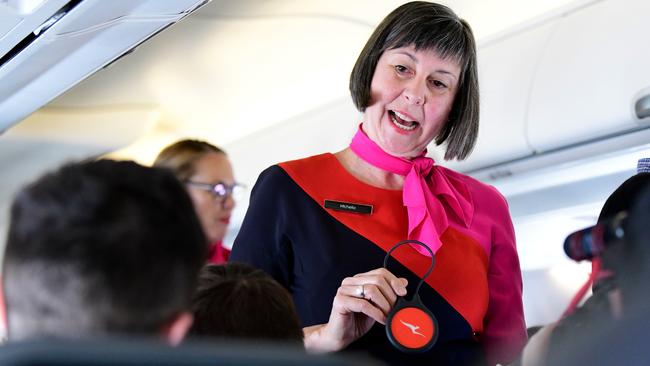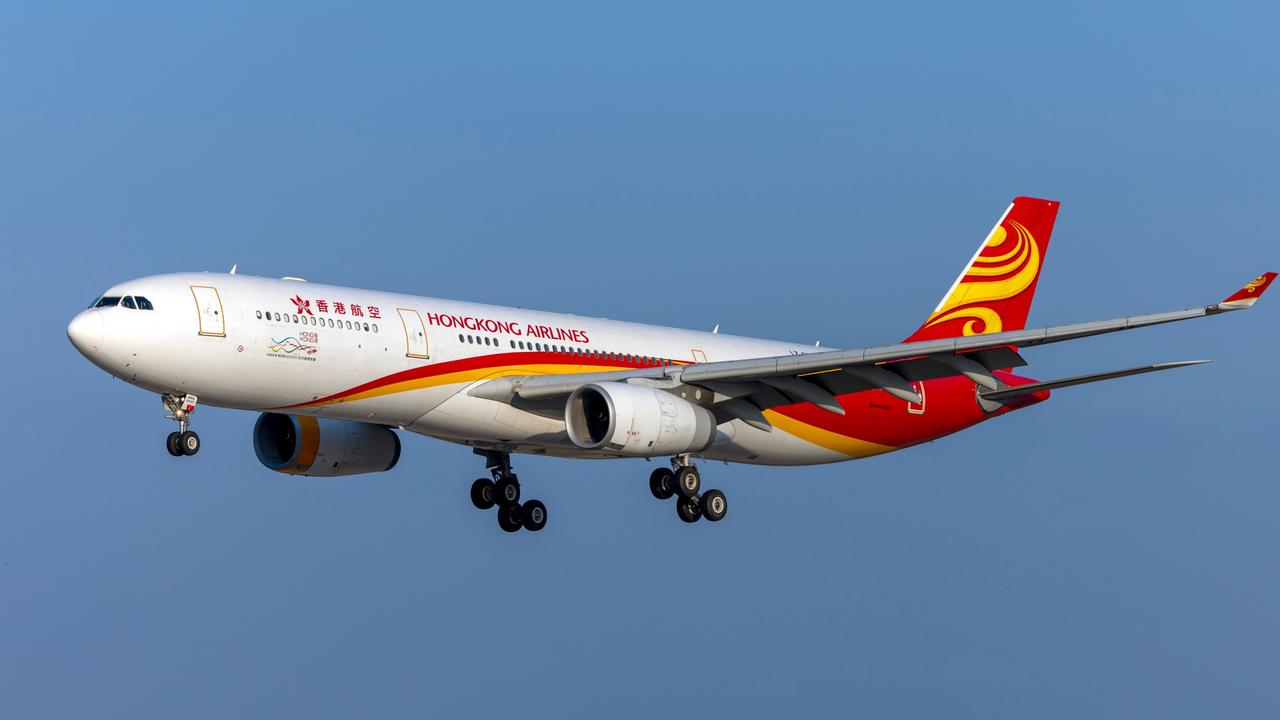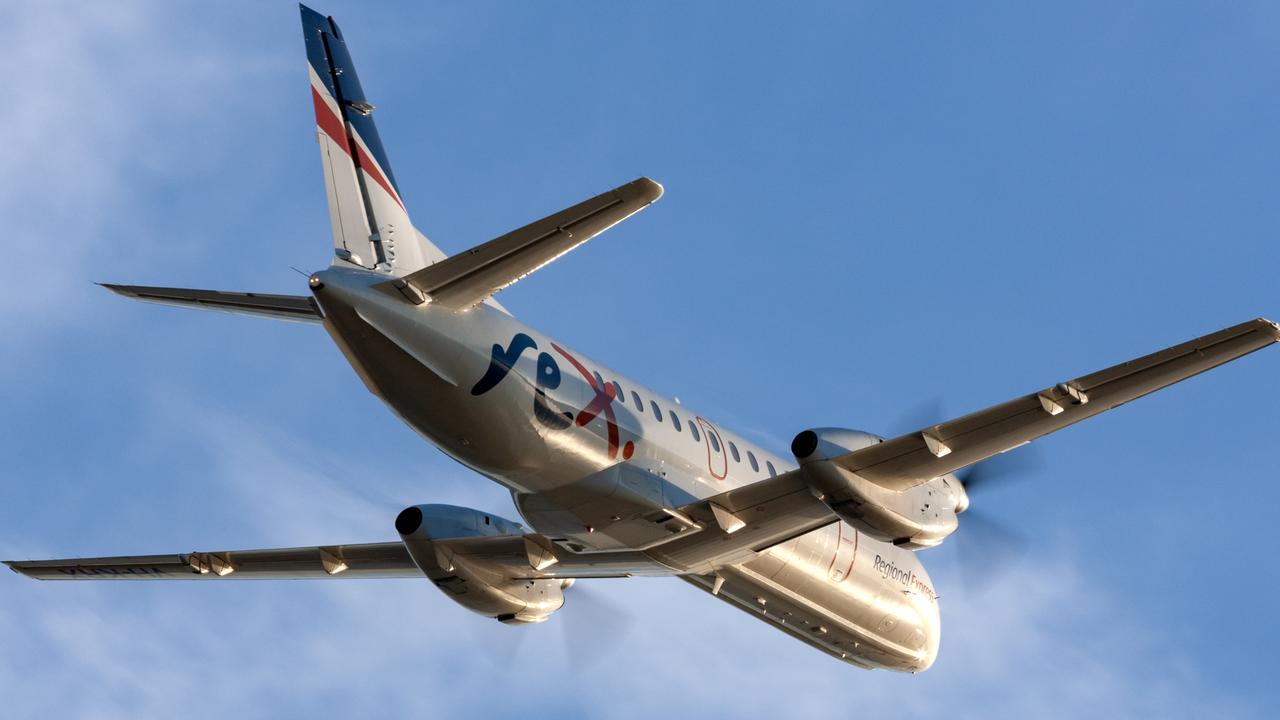Qantas steers clear of industrial action with new pay deal
Qantas domestic cabin crew have signed a new pay deal in a move that puts the airline clear of industrial action, for now.

Qantas is finally free of threats of industrial action by frontline workers after cabin crew became the latest employee group to sign a new pay deal.
Around 1500 domestic cabin crew voted overwhelmingly in favour of the agreement following extensive negotiations between management and the Flight Attendants Association of Australia.
In a significant win for the FAAA, duty hour limits will be extended by just 15-minutes instead of the two-hours and 15-minutes sought by Qantas, and rest provisions will be maintained.
The EBA reflected Qantas’ wages policy of 3 per cent annual increases after a two-year pay freeze which cabin crew had endured in 2020 and 2021.
FAAA national secretary Teri O’Toole said the outcome was a great result for domestic cabin crew who had been prepared to take protected industrial action over Qantas’ initial offer.
“This just goes to show what can happen when the company sits down with a real offer and works to get an outcome that people can agree to,” Ms O’Toole said.
Despite members voting in favour of industrial action, none was taken over the busy summer holiday, which meant cabin crew remained eligible for a string of bonuses.
Had they gone ahead with strikes, members would have missed out on a $2000 bonus dating back to 2018 and a one-off “boost” payment of $5000.
Cabin crew are also eligible for 1000 share rights currently worth about $6500.
The bonuses would be welcomed by cabin crew who remained among the lowest paid employees at Qantas, with even senior flight attendants receiving a base salary of about $66,500.
Junior flight attendants were on $950 a week, or $49,400 a year, not including allowances which could total up to $25,000 a year.
Qantas chief executive Alan Joyce recently said the average salary of non-executive employees was more than $100,000.
The cabin crew EBA meant most of Qantas’s major work groups including engineers and airport staff had now reached new post-Covid agreements, effectively ending the prospect of industrial action.
A Qantas spokesman said the deal meant increased pay for short haul cabin crew and “more certainty for the business as we grow our fleet”.
“Under the new agreement we can plan two sectors days from home base to up to 12 hours and three sector days up to 11 hours,” he said.
Over the next decade, ageing Boeing 737-800s were set to be replaced with A321XLRs and A220s with deliveries due to start later this year.
The operation of those aircraft will feature strongly in negotiations for a new short haul pilots’ agreement in coming months.
Overseas, airlines were paying increases of up to 10 per cent a year to retain pilots but Qantas was expected to stick to its wages policy of 3 per cent increases.



